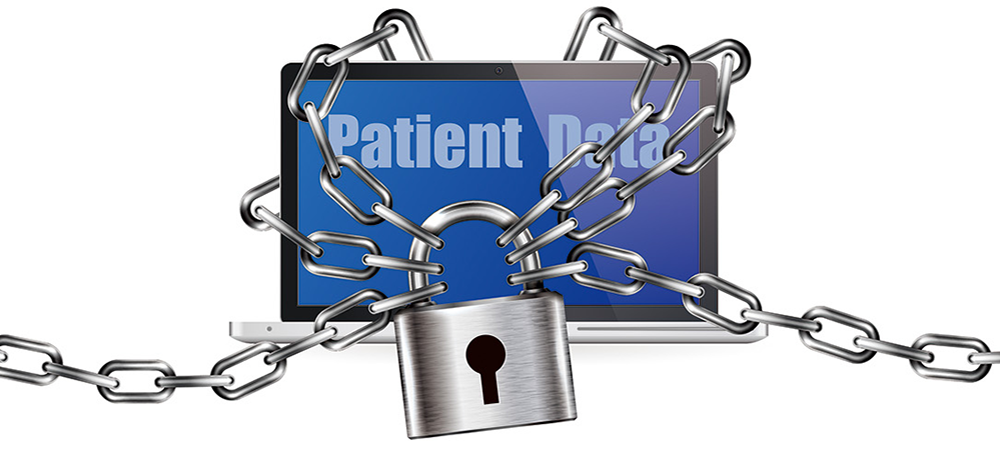Masterstroke to combat cyber attack
Cyber criminals are targeting the global healthcare industry. Over the past two years, 90% of healthcare organisations around the world have experienced a data breach or service disruption due to cyber attack. Considering similar overseas attacks, hackers gained access to systems for 205 days or more before being detected. “It took our team two weeks to defeat the hackers,” Chief Information Security Officer Fuller Yu says. “Our success was down to the security detection and response capability of our frontline colleagues, comprehensive IT operation processes and best practices, and the united efforts of everyone involved.”
WannaCry attack led to backlog of appointments in NHS
In May 2017, the National Health Service (NHS) in the United Kingdom was hit by the WannaCry attack – a ransomware infection that locks up systems and demands payments in cryptocurrencies. More than 19,000 clinical appointments, along with accident and emergency services and operations, were cancelled in hospitals across the UK in the attack that cost the NHS around HK$200 million.
After an independent investigation, the NHS announced it would divert HK$2.5 billion to enhance its cyber security resilience in the next five years. A new National Security Operations Centre was set up to help healthcare organisations improve their resilience and boost their cyber security capability, including delivery of threat intelligence, vulnerability management, and malware intelligence and analysis. The centre also provides guidance and support to regional organisations seeking to strengthen their cyber security status.
Information about 1.5m SingHealth patients stolen in city state’s worst cyber attack
In July 2018, hackers attacked the Singapore Government’s health database known as SingHealth and accessed to the data of 1.5 million patients, equivalent to a quarter of the city state’s population. The data breach included patients’ names, identity card numbers, addresses, birthday and even prescription records including Prime Minister Lee Hsien Loong’s outpatient prescription information.
A Committee of Inquiry investigated the data breach and concluded it was the most serious cyber attack to hit Singapore. It took place because of lapses by employees and system vulnerabilities which missed the opportunity to ward off the hacker. The committee made 16 recommendations, including improving security structures, risk management and responsiveness; improving staff awareness of cyber security; greater monitoring of administrator accounts; and enhancing threat intelligence.
● Lesson learnt from cyber war victory
COVER STORY
● Masterstroke to combat cyber attack
● Understand HA network from 10 numbers
HELEN HA
● New blood donation vehicle is hitting the road!
PEOPLE
● Is it a UFO? The delights of cross-country flying
WHAT'S NEW
● New Chairman steers a course towards common goals
● Better patient care through dementia-friendly ward
● Take complaints and feedback as health check
● Positive Patient Experience on Specialist Outpatient Service
● Gardening lifts patients’ spirits in rehabilitation
STAFF CORNER
● Haven for psychological well-being



